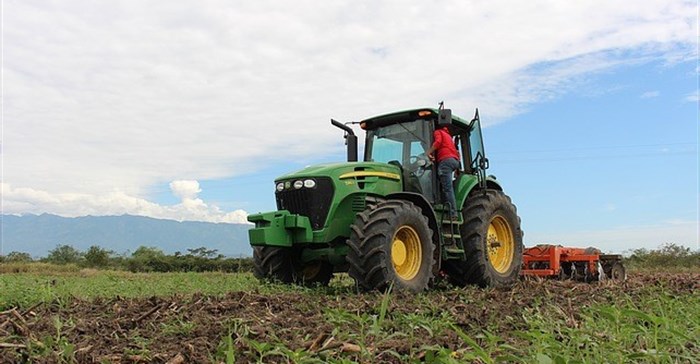
Related
Top stories






More news


Marketing & Media
Ads are coming to AI. Does that really have to be such a bad thing?














“The Minister emphasised the need for the economy to grow above the projected growth rate of 1.3% as this falls well short of our NDP goals and is not sufficient to reduce unemployment or impact significantly on poverty and inequality. As was indicated by the Minister, a joint effort by all stakeholders will be required to achieve this goal”, Möller said.
However, according to Möller not enough was said with respect to curbing the high levels of corruption nor was the drain on the fiscus brought about by the state-owned companies addressed firmly enough. Taxing people in high-income brackets might have been the right and soft option for now but it will not suffice as a medium-term option, given structural problems clearly present on both the income and expenditure side of government finances.
“From an agricultural perspective - the R30 billion spending on agriculture, rural development, and land reform over the medium term is appreciated, provided it will serve the purpose of what it is intended for. The focus of this spending should be on commercial agriculture i.e. moving land reform beneficiaries towards commercial production and increasing productivity of existing commercial agriculture. It is also critical that we find innovative technics to attract young people in the sector. Land reform must prioritise willing and capable young farmers - most of the spending in agriculture must be directed towards this purpose. This is very important for the sustainability of the sector”, said Möller.
“Given the fact that the sector is presently facing serious cost pressures because of the recent and still prevailing drought especially in the Western Cape, our view is that the increased excise duties on alcohol might have an adverse impact on the wine industry and could possibly lead to job losses. Some respite in this regard would have been helpful,” Möller adds.
“Agri SA acknowledges the need to curb obesity in the country. However, we are of the view that a sugar tax could have an enormous impact on the cane growers in the country, leading to a reduction in production levels and job losses. Currently, the sugar cane industry is a significant contributor to the country’s economy, inter alia employing about 79,000 people”, Möller concluded